Coaches develop by learning from their players. They watch and learn by reflecting on the skills and qualities that underlie their player’s success.
In this newsletter, I’d like to share some of what I have been learning from my clients.
Developing Rules of the Road
The leadership of one board found itself frequently slowed down by disagreements over the spheres of authority of the various committees, the managerial role of the Executive Committee and the respective decision making authority of the Board and the Executive Director.
A common problem, but they found an uncommon solution. They decided to hold a 4 hour meeting to address the issues explicitly.
The first step was a survey to test the range of agreement or disagreement with a set of explicit board management rules. The meeting would focus on addressing the concerns that underlie areas of disagreement and on exploring what the rules would mean in practice.
The following is a sample of the rules adopted:
The management role of the Executive Committee
- The Executive Committee will work with the Executive Director to develop the board meeting agenda.
- The Executive Committee will coordinate and support the work of the Committees. A member of the Executive Committee will be assigned as liaison to each Committee.
Board Committees
- Matters of significance should be referred first to a committee for analysis before being considered by the board.
- Deference should be given to the committee recommendations unless there are significant concerns as to the impact on the achievement of the mission or organizational sustainability.
- There should be an annual board planning meeting to determine the committee objectives by the end of June.
- Committee requests to the staff liaison that might require significant time should be cleared with the staff member’s direct supervisor.
Board members as volunteers
- When board members are fulfilling a volunteer role, they should take directions in operational matters from staff.
Board member evaluation
- There should be a process to assess the overall contribution of each board member based on board adopted expectations, as a basis for making a recommendation for asking the board member to serve an additional term.
Board meetings
- The board should utilize a “consent agenda” where matters that are purely for information are sent in advance with a note stating that they will not be discussed unless a board member communicates a question in advance.
Board values
- Discussions should focus on finding solutions rather than attributing blame.
- Attention and respect should be given to each speaker. Side conversations should be avoided.
- Board members will respect and support decisions of the board even if they had disagreed.
Conclusion
This process has taught me that apparent board dysfunction may simply be the result of board members having different assumptions about how to best operate. Conflict can be resolved by taking the time to identify and discuss the different assumptions and to look for opportunities to reconcile them. Once these assumptions are brought to the surface, agreement may be surprisingly easy.





